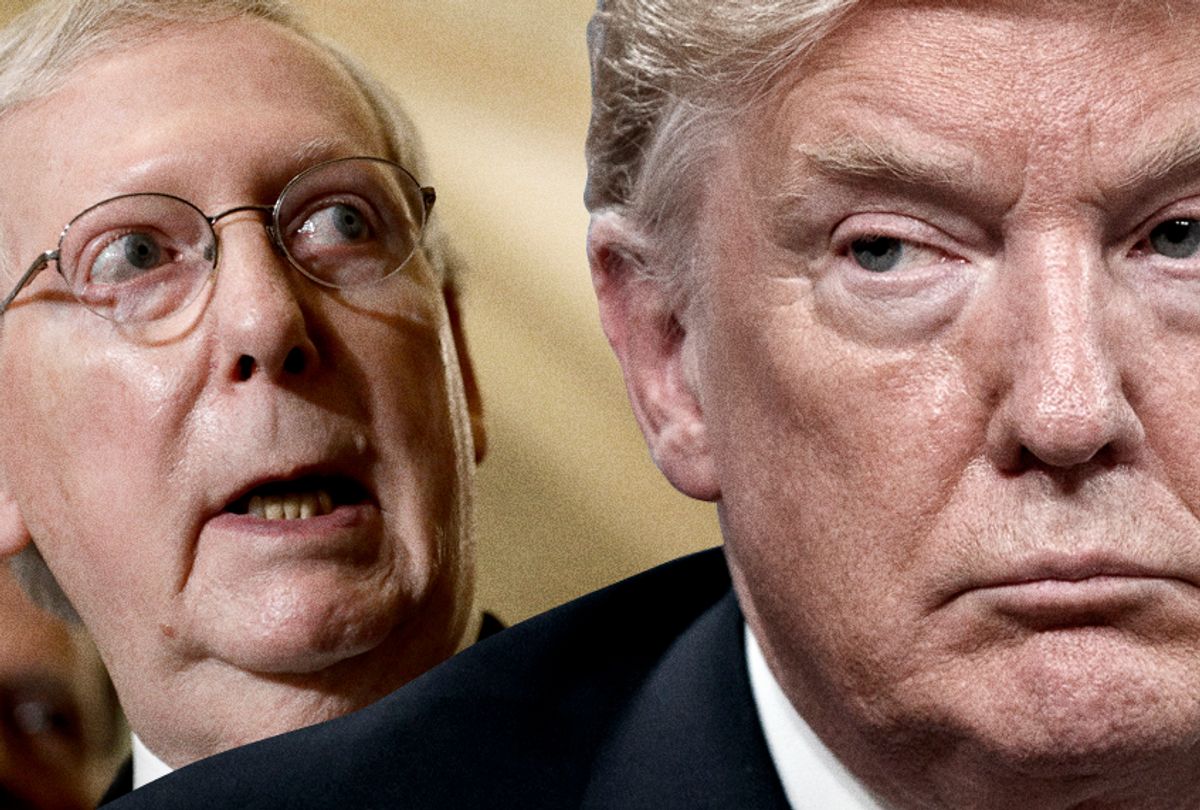This year is already looking to be one of the most expensive mid-term elections in history. One place politicians and political groups are parking their cash is in digital ad spending, which is expected to hit close to $2 billion this election cycle.
Online ad spending is projected to see a 2,539% spike over the 2014 mid-terms. It now makes up about 20% of the total political ad-spending pie. Four years ago, political campaigns and groups spent just 1% on digital ads.
In terms of dollar amount, digital advertising falls second only to broadcast, or traditional TV, which is projected to pull in about $3.4 billion this year, down about 30% over 2014, according to a widely sourced report by Borrell Associates, an advertising data company. According to that report, the only other sector to see growth this year is cable TV.
Those digital dollars will be spent on ads for Facebook, YouTube, Twitter and Instagram with well-designed infographics and short and timely videos along with social media posts designed for sharing, according to Adtaxi, a Denver-based digital marketing agency.
You know, the kind of ads that worked so well at manipulating the American populace in the 2016 elections.
That’s why the Federal Election Commission has been trying for months to come up with a strategy to regulate online and digital advertising the way it does other media. Actually, it has been trying for years. But this latest round involves the agency’s efforts to come up with a solution for more transparency and a workaround for “express advocacy” ads. Many of the ads that run on the digital platforms don’t use the explicit language “vote for” or “vote against” that enables the commission to easily slap a disclaimer on the ads, so the area is murky and has stalled progress. Democratic vice chair for the commission, Ellen Weintraub, had proposed a solution for regulation months ago, but the agency is still holding hearings and hasn’t moved forward.
There are even two bills in Congress addressing this issue. Senators Amy Klobuchar, D-Minn. and John McCain, R-Ariz. introduced the Honest Ads Act in October 2017 with a companion House bill sponsored by Rep. Derek Kilmer, D-Wash. and 19 bipartisan cosponsors. The bills would require information about the purchasers and targets of online political ads to be made publicly available by digital platforms like Google, Twitter and Facebook.
In recent weeks, a new bill was proposed, the DISCLOSE Act of 2018, introduced by Rep. David Cicilline, D-R.I. with 159 bipartisan cosponsors, that aims for more transparency in all forms of political spending, including online advertising.
Meanwhile, as the government dilly-dallies on how to manage these exploding ad platforms and politicians and political groups pump more money into them, the platforms are trying to police themselves.
Facebook continues its mea culpa campaign with a promise to verify the identity of people and organizations buying political or issue ads, according to statements CEO Mark Zuckerburg made in April under heavy fire following the Cambridge Analytica fiasco.
In May, Google followed suit, announcing it would also require verification from ad buyers for federal election ads. It will ask Political Action Committees, or PACs, for example, to provide IRS-issued employer identification numbers and ask individuals for a government-issued identification or Social Security numbersnfor those types of ads.
But Google won’t be taking any steps to verify the identities of ad purchasers for candidates for state or local offices or on advertisements on political issues — the very topics that foreign agents used to sow dissent in our country ahead of the 2016 elections.
Google will disclose who is paying for the federal election ads and plans to publish a transparency report on election ads. It also plans to create a database tracking information on funding sources and amount of money spent on election ads.
The verification process goes into effect Tuesday, July 10.




Shares